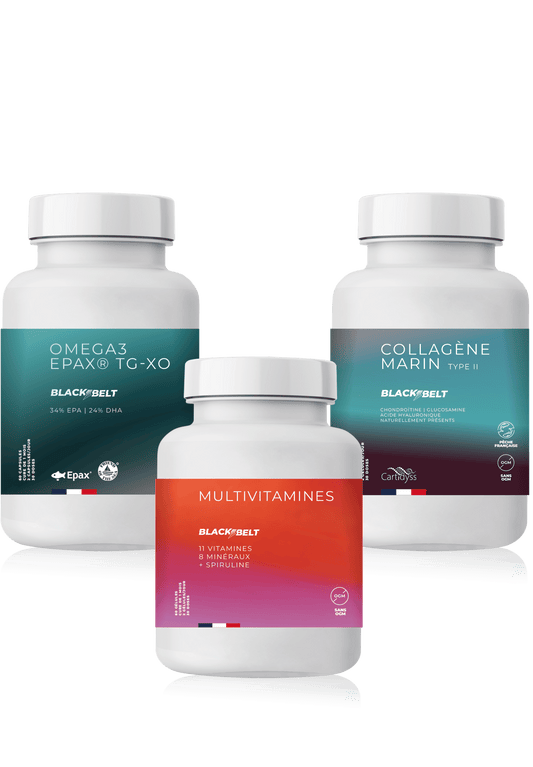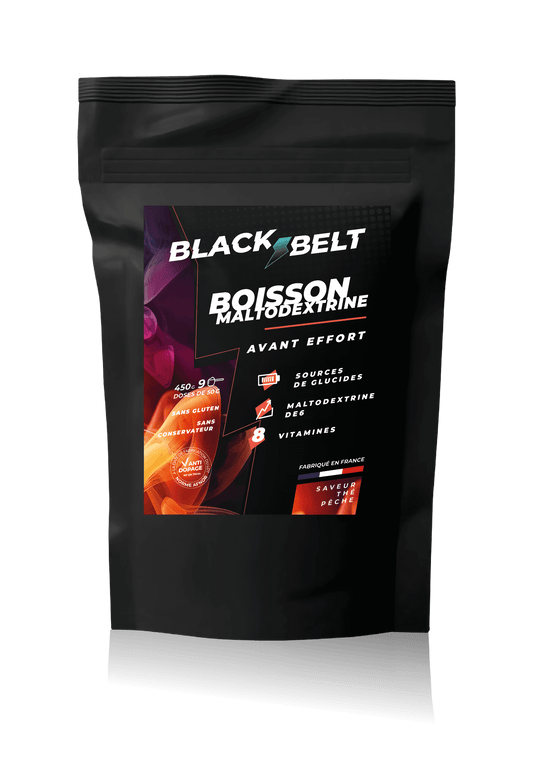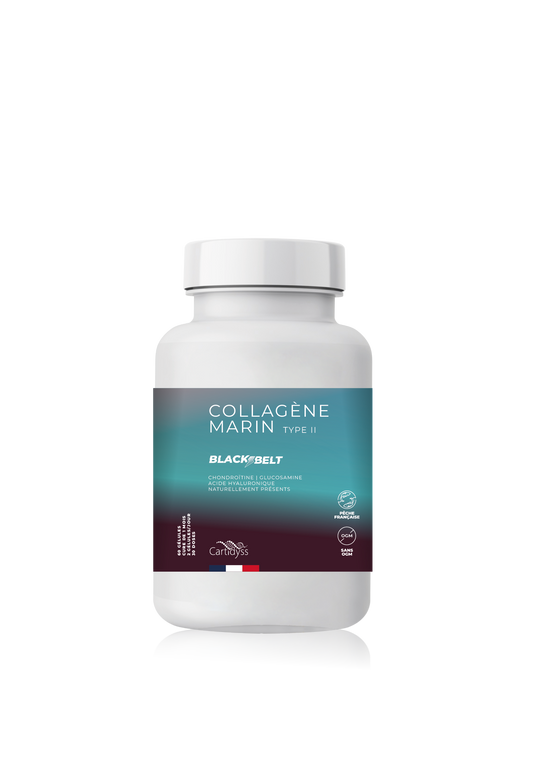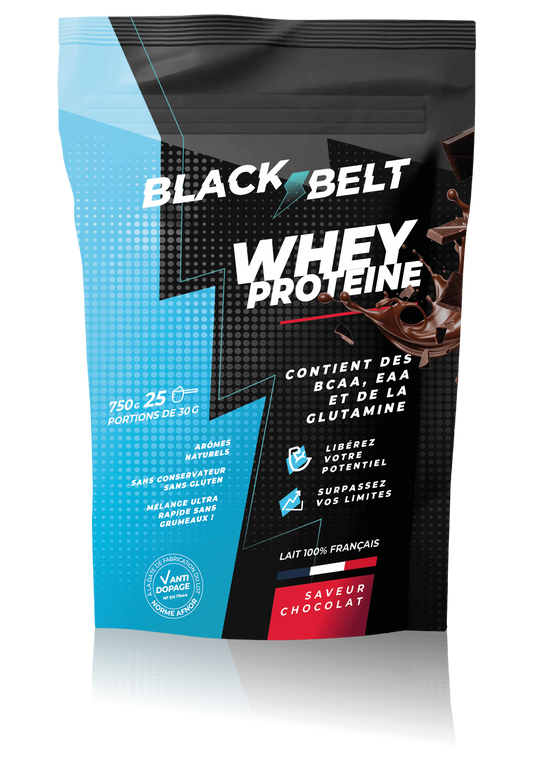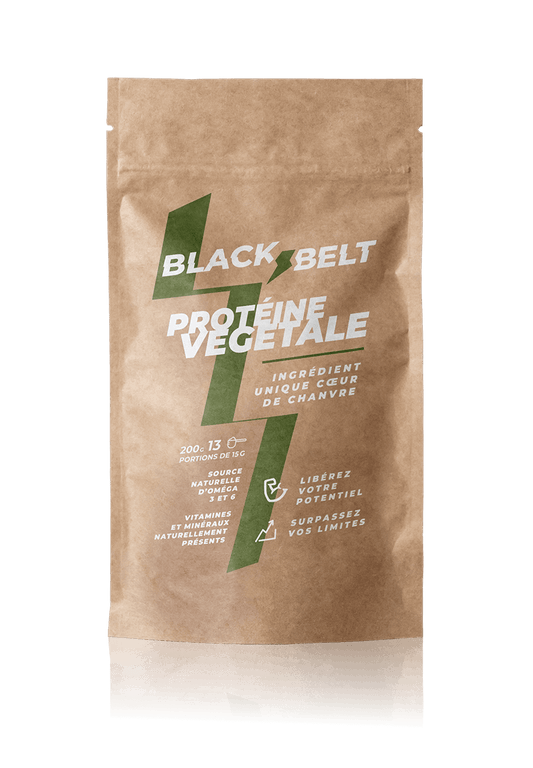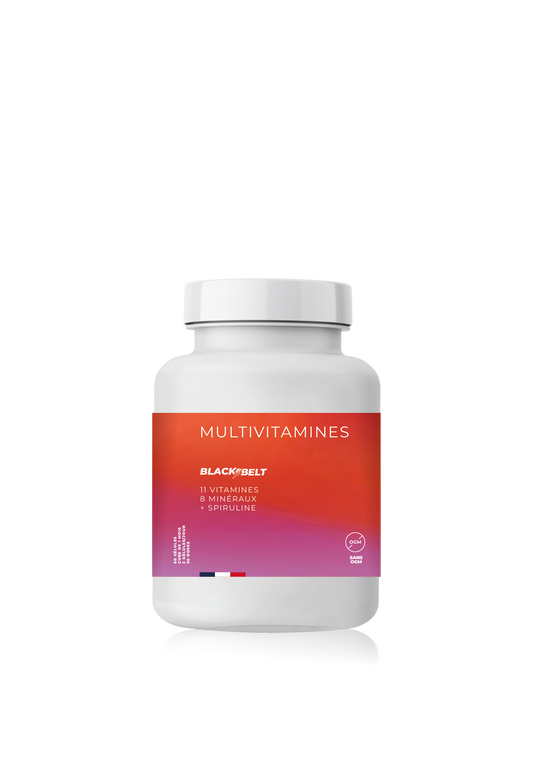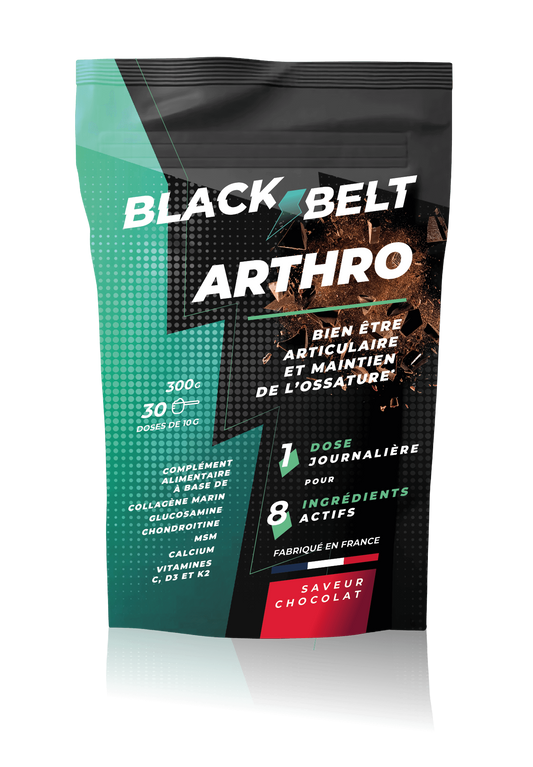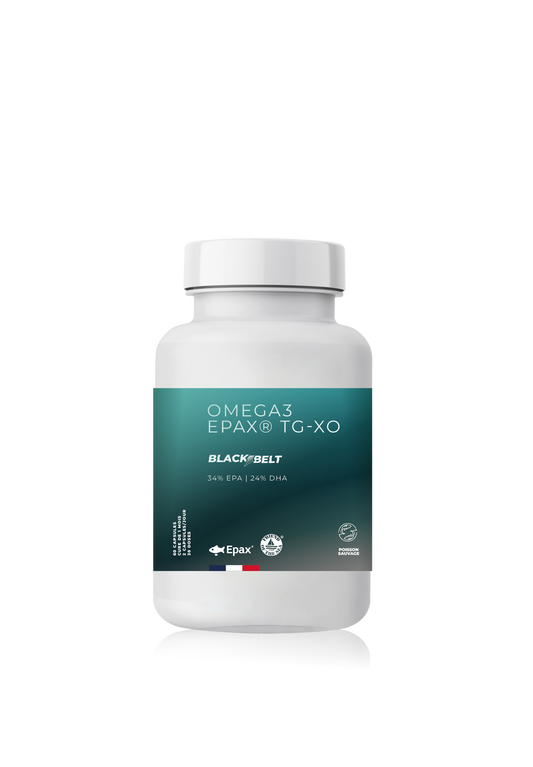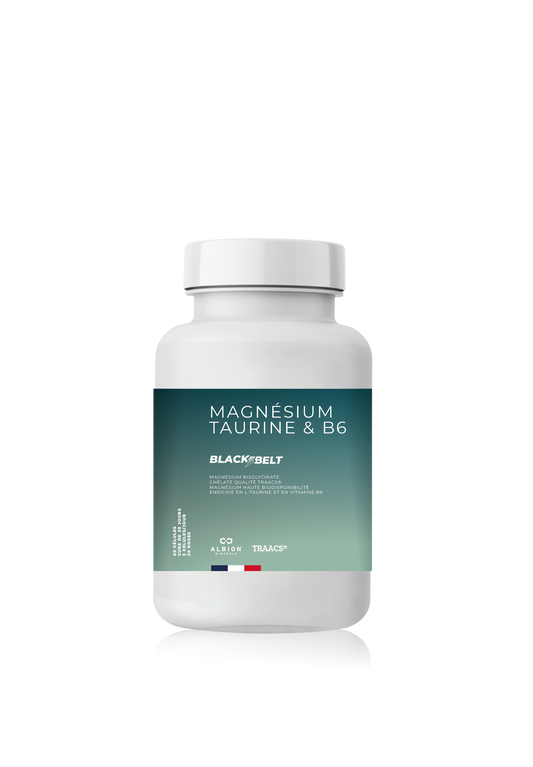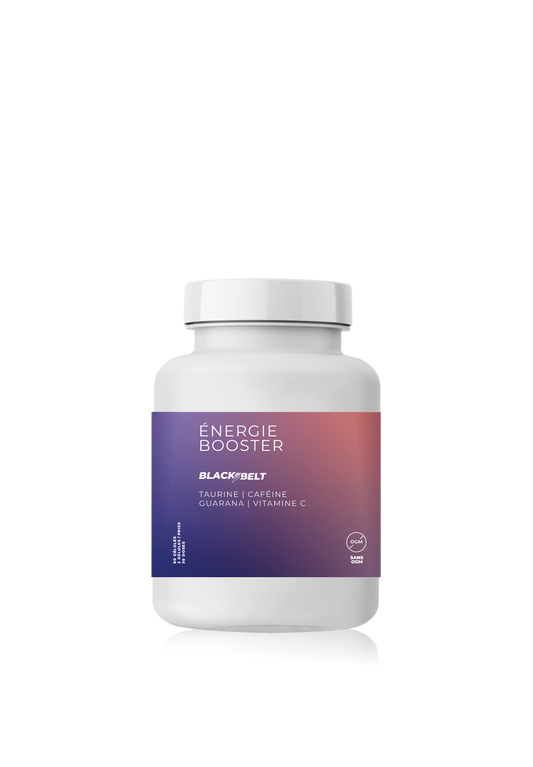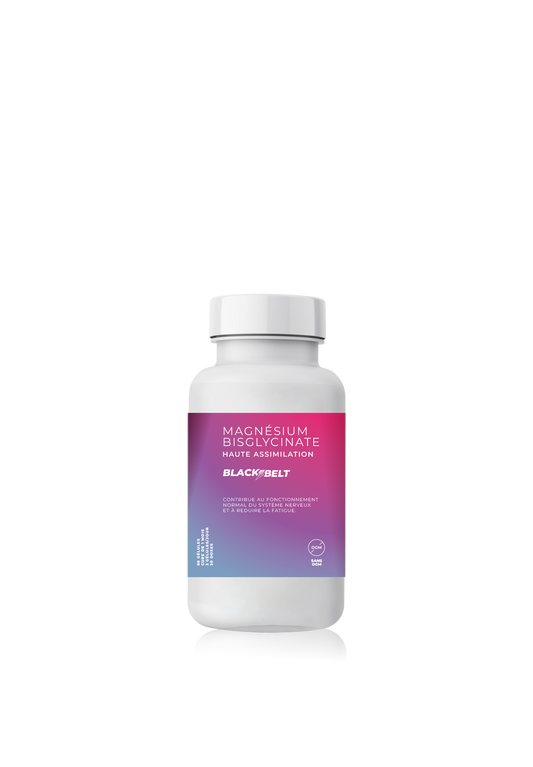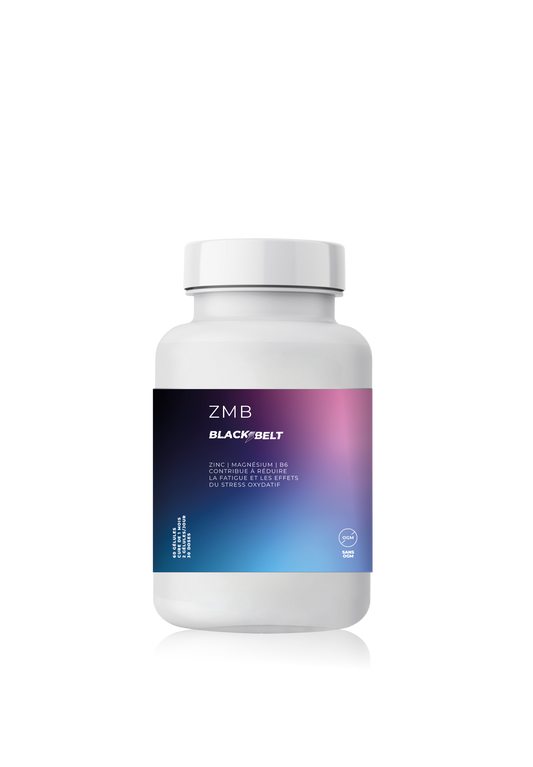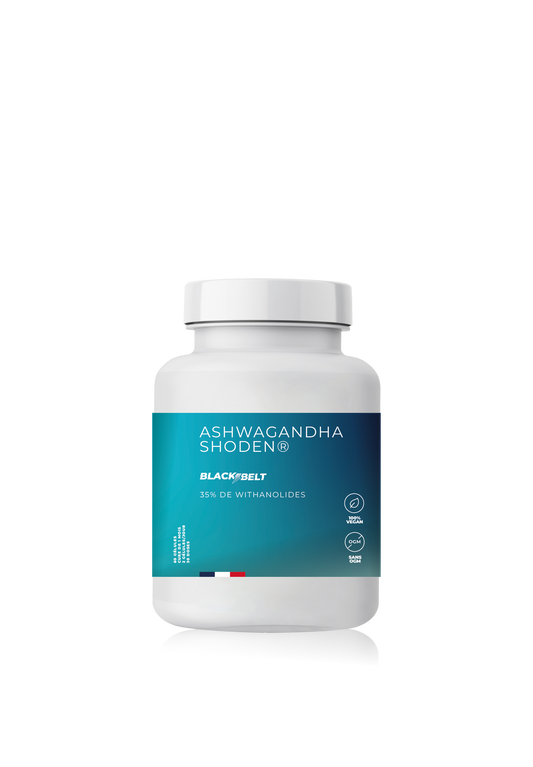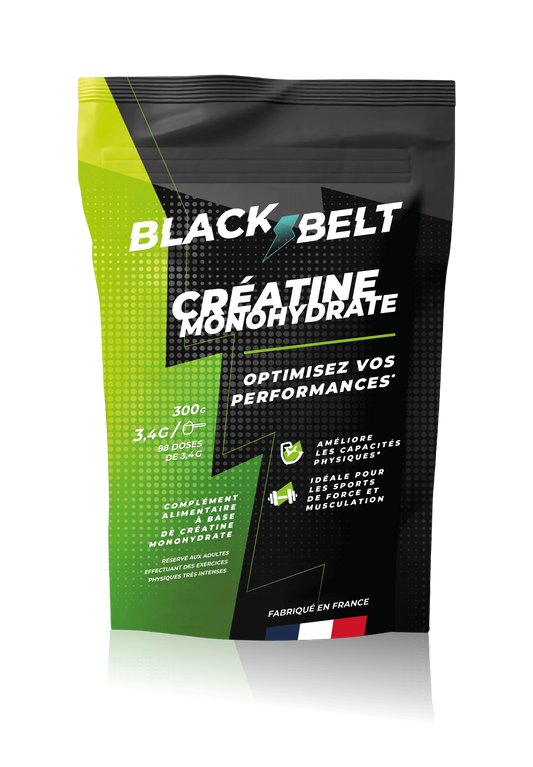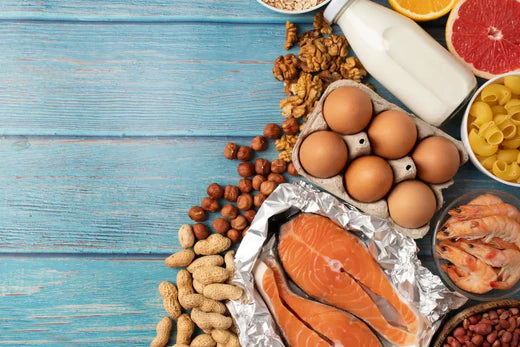
How much protein should I consume per day?
Share
Proteins: what is their role?
Proteins are essential macronutrients that play a crucial role in the proper functioning of our bodies.
They are made up of amino acids, often called the “building blocks” of our body.
Protein is necessary for tissue repair, the production of enzymes and hormones, and is also fundamental for muscle growth and maintenance.
In short, they are vital for overall health and well-being.
How much protein per day?
The amount of protein a person needs varies depending on several factors, including age, gender, weight, and physical activity level.
For an average adult, the recommended daily intake of protein is approximately 0.8 grams per kilogram of body weight.
For example, a person weighing 70 kg should consume about 56 grams of protein per day.
However, this figure may vary for specific needs such as growth, pregnancy or recovery from illness.
For athletes?
The protein needs of athletes are generally higher than those of non-athletes.
This is because intense physical exercise causes micro-tears in muscle fibers that require protein to repair and strengthen.
Endurance athletes, such as long-distance runners, and strength-trainers may need to consume between 1.2 and 2 grams of protein per kilogram of body weight per day.
So, a 70 kg athlete might require between 84 and 140 grams of protein daily to optimize performance and recovery.
The best sources of protein
There are a multitude of protein sources, both animal and plant-based. Animal proteins, such as those found in meat, fish, eggs, and dairy products, are complete, meaning they contain all the essential amino acids our bodies need.
Plant sources, such as legumes, nuts, seeds, tofu, and whole grains, are also excellent, although some are incomplete and require a combination to provide all the essential amino acids.
For a balanced and healthy diet, it is advisable to vary your protein sources.
For example, a meal might include grilled chicken, a quinoa salad with black beans, or a bowl of Greek yogurt with almonds.
This diversity not only allows us to cover all amino acid needs, but also to benefit from the different nutrients that each source provides.
Remember that 100g of meat generally contains around 20g of protein.
A food always contains a portion of proteins, fats (lipids) and sugars (carbohydrates) in varying proportions depending on the food and this is where Blackbelt protein powder can help you optimize your sports results!
Native whey isolate is the highest quality protein powder on the market, minimizing sugar and fat intake while significantly increasing protein intake.
In addition, it is treated to be very low in lactose, thus providing easier digestion.
Conclusion
Understanding the importance of protein and knowing how much to consume daily is crucial to maintaining good health.
Whether you're an average adult or a seasoned athlete, adjusting your protein intake to your specific needs is essential.
By diversifying your protein sources, you not only ensure that you get all the necessary amino acids, but also that you enjoy a rich and balanced diet.








